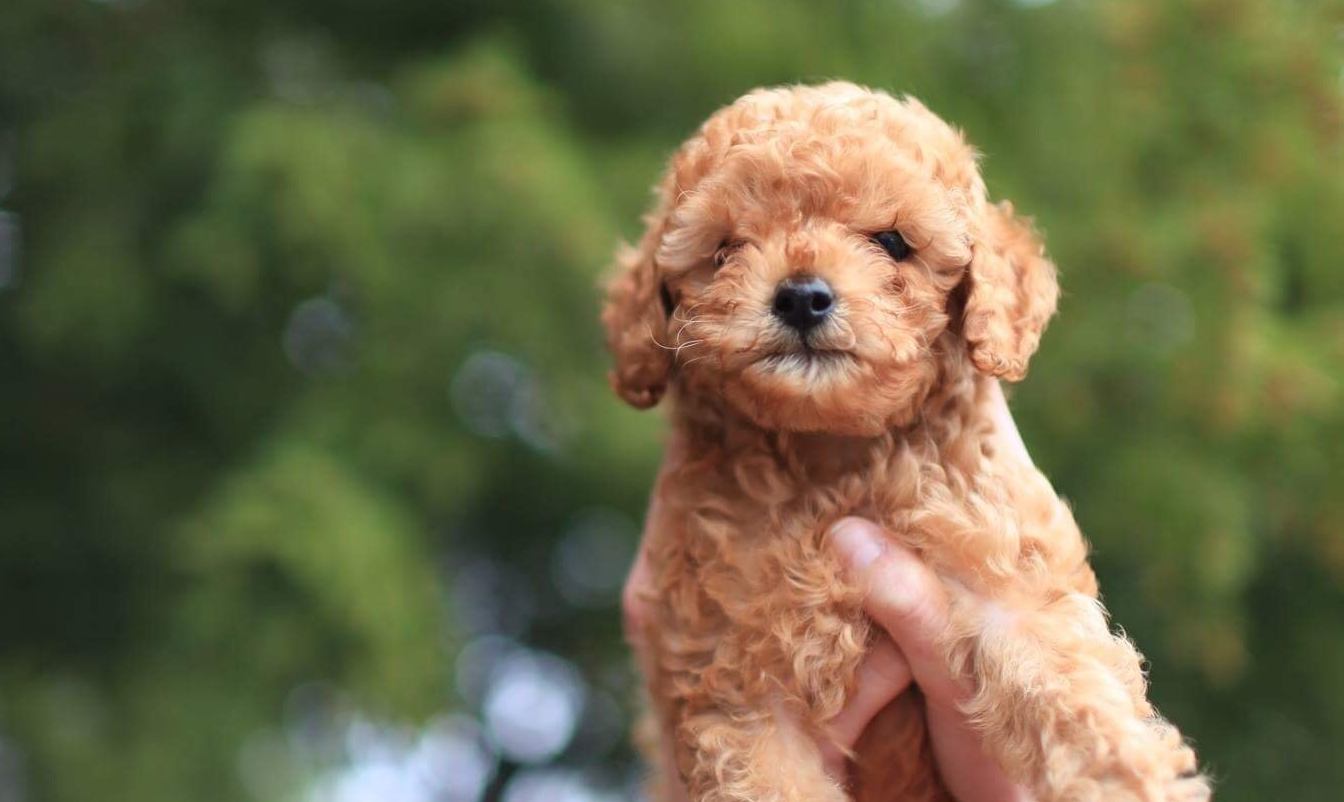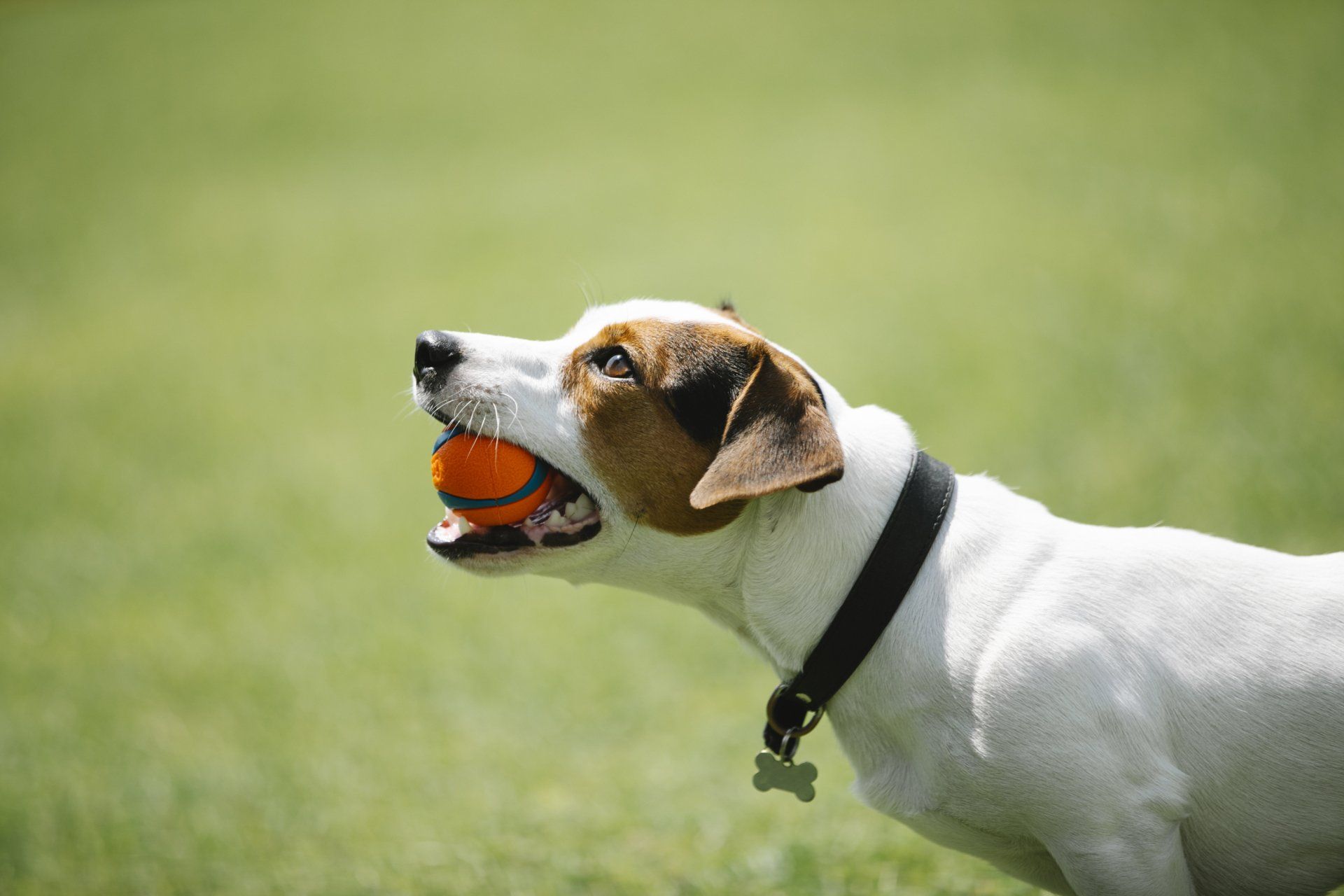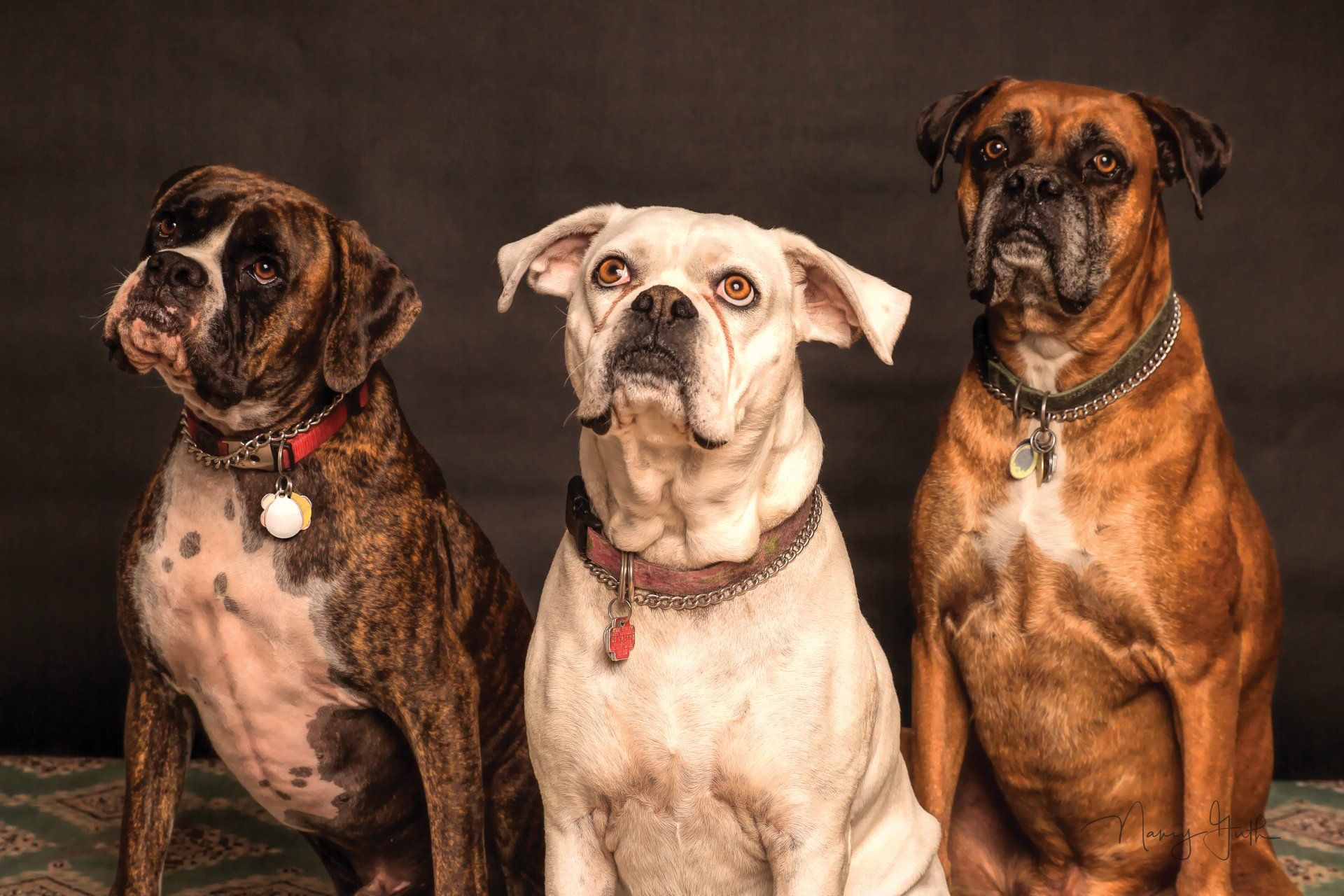Hypoallergenic Dogs: How to Care for Them
Hypoallergenic Dogs: How to Care for Them

Hypoallergenic Dogs: How to Care for Them
Allergies are more common in some dog breeds than in others. Small nasal passageways, allergic reactions to flea bites, irritated stomachs that make food digestion difficult, or allergies to their own hair and dander could all be contributing factors. Bishon frise, terrier, retrievers, beagles, setters, and boxers are among the breeds that suffer from allergies. However, every dog has the potential to be allergic to something.
Raw skin where the dog has scratched, patches of hair missing, red skin, hives, coughing, sneezing, excessive chewing and licking of paws, watery eyes, vomiting, and diarrhea are the most typical indicators of allergies. While these symptoms may disappear after a few days, you should keep an eye on your dog's behavior to see if they reappear. If they do, you should take your dog to the veterinarian. Changing your dog's food or purchasing a flea collar or spray can sometimes be enough to help your dog's allergy problems go away.
When a dog has allergies, his or her mood may change. They might feel irritated, drowsy, clinging, or enraged. Discipline will not work if the dog suffers from allergies. Once you've figured out what's causing the allergies, the best approach to deal with it is to learn how to care for your dog. This could entail keeping a log of your dog's activities and symptoms to show the vet, who will be able to make treatment recommendations.
Some smaller breeds may have breathing problems as they age; there is little that can be done about it except keep their resting area clean, vacuum frequently, and consider purchasing a hepa filter to collect dust, particles, and other air pollutants. While it is crucial for all dogs to receive enough exercise, keep tiny breeds indoors and play with them when it is cold outside. This will prevent them from acquiring a head cold, which will make breathing much more difficult.
If you detect your dog has fleas or has been attacked by fleas, you should bathe them with a flea-killing shampoo. You may also need to get rid of fleas in your home to avoid reinfestation. Purchase carpet spray or, if the situation is too severe, hire an exterminator. After the fleas are gone, spray your dog every time he or she goes outside. New attacks will be prevented as a result of this. If your dog has open bites or scratch wounds, you must wait for them to heal before applying a spray or shampoo on him.
If your dog is allergic to the food it eats, it may vomit. You should go to the vet first to make sure the problem isn't internal. They might suggest switching the dog's food. This should put an end to the nausea and diarrhea.
Because there is little that can be done, dogs who are allergic to their own hair and dander have the worst allergies of all. You should groom your dog on a regular basis, brush him daily to eliminate unwanted hair and dander, and bathe him once a month. If the allergies persist, your veterinarian may prescribe an antihistamine.
Follow us

We are
Always Open!
Subscribe to Get Our Special Offers
Subscribe to Get Our Special Offers
Thanks for subscribing. You'll be the first to hear about new items and special offers.
Please try again later.

